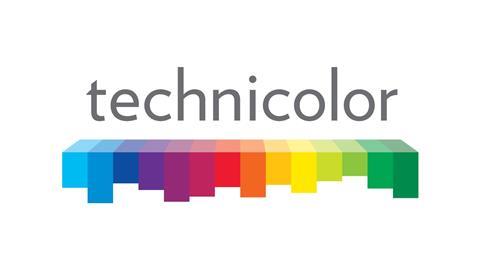Technicolor UK lost over £141 million over the past three financial years, but 108 parties now interested in acquiring assets

Technicolor UK’s administrators claim that its demise was, “primarily driven,” by the 2023 writers’ strikes, which delayed key projects across the business and its international subsidiaries.
It has also pointed to difficulties caused by the pandemic, the competitive environment, and, “a number of costly and complex restructuring initiatives.” The latter resulted in the company shrinking from 1,170 employees to 446 between January and November 2024. It was also, “heavily reliant,” on its international subsidiaries to deliver projects and revenue, and when the US company failed it significantly impacted Technicolor as a whole. It had over 6,000 employees globally.
Most of Technicolor’s subsidiaries are now in administration, with small studios in Shanghai, China, and Seoul, South Korea, still running and in discussions with the administrators.
Over the last three years, the company lost over £141 million, and it had liabilities of over £156 million and 148 creditors - including over £92 million to French loan agency GLAS, £50 million in share capital and £1.2 million to its employees. Other creditors included over £1 million each to data centre business Equinix and real estate services company Jones Lang Lasalle, and £135,000 to Westminster City Council. Technicolor UK had just under £4.5 million in assets when the administrators were appointed.
Technicolor worked with a US investment bank in 2024 to try and find a sale, but was unable to secure one. The Mill was put under its own business unit in January of this year to help to this end. Since its collapse, 108 parties have contacted the administrators about acquiring assets, with sales negotiations ongoing.




No comments yet